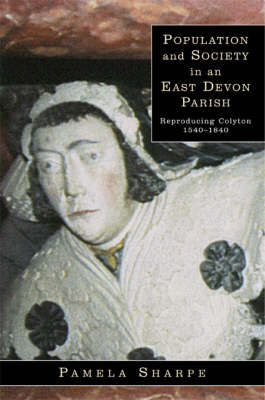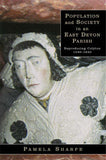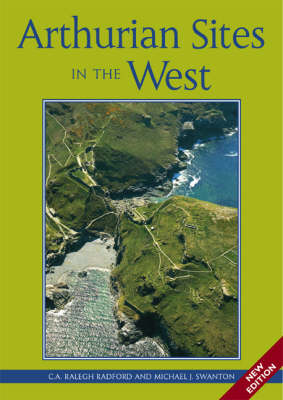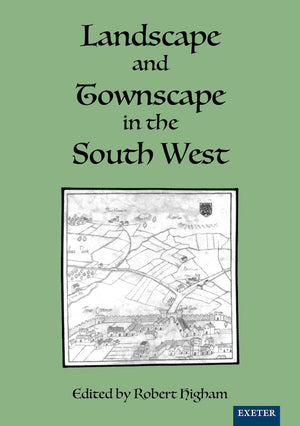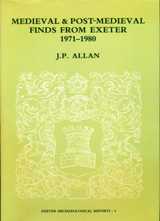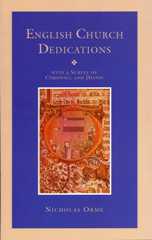University of Exeter Press
Population And Society In An East Devon Parish
Reproducing Colyton 1540-1840
Couldn't load pickup availability
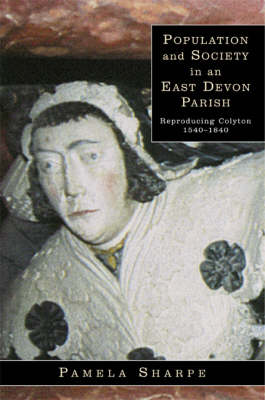
- 424 Pages
This book is a vivid and refreshing consideration of everyday life in a town visited by plague, Civil War, religious radicalism and industrial changes. What really happened in the place once described as 'the most rebellious town in Devon'?
The town of Colyton in Devon has been intensively analysed by historians interested in population trends, but this book combines demographic information with extensive details of the economy, society and local politics of the parish and region. This finely-grained, micro-history stresses the diversity of local experience and exposes many facets of the lives of ordinary individuals during the period.
The book provides valuable new material on religious radicalism, agricultural changes, economic development, local politics, poverty and welfare policies as well as the history of the family and lifecycle in a small town.
This book is a vivid and refreshing consideration of everyday life in a town visited by plague, Civil War, religious radicalism and industrial changes.
“This is a formidable undertaking, but the benefits repay the effort involved” (Local Population Studies, No. 70, Spring 2003) “This persuasive reassessment” (Local Population Studies, No. 70, Spring 2003) “This is a formidable undertaking, but the benefits repay the effort involved” (Local Population Studies, No. 70, Spring 2003) “This persuasive reassessment” (Local Population Studies, No. 70, Spring 2003) “a generous book in the sheer range of information provided” (Local Population Studies, No. 70, Spring 2003) “Sharpe succeeds in conveying a vivid sense of Colyton, its people, and their relationship to one another, the surrounding area and the larger world.” (Local Population Studies, No. 70, Spring 2003) “It is rich also in vivid details” (Local Population Studies, No. 70, Spring 2003) “Sharpe is persuasive in her contention that within the broad patterns of national trends, it is often the local variations in experience that are the most interesting and the most challenging aspects of the past.” (Local Population Studies, No. 70, Spring 2003) “Pamela Sharpe’s Colyton offers . . . a sense . . . of the human faces behind the statistics – with pipes in their mouths.” (Local Population Studies, No. 70, Spring 2003) “she is particularly good on the gendered nature of demographic change – the role of the sex ratio in the parish’s population history, for example, and on the range, implications, and dynamics of female labour: topics ignored by so many historians in the past… Population and Society is an ambitious work that, with a great deal of justification, sees itself in multiple terms as a piece of history from below” (Bulletin, Vol. 27, No. 2, Winter 2002/3) “This is a rich, complex and deeply-researched work that deserves to be read by anyone who is interested in the multi-faceted processes of social reproduction in early modern England.” (David Levine, University of Toronto. Journal of Social History, 2004) “… we are unlikely to get much closer to the ‘truth’ about Colyton than Pam Sharpe has done here.” (Nigel Goose, University of Hertfordshire. The Agricultural History Review, vol. 51, 2003) “Drawing our attention to the role of gendered work, migration, and the sex ratio, she provides a welcome refocusing of our attention on the peculiarities of the Colytonians. This is a rich, complex and deeply-researched work that deserved to be read by anyone who is interested in the multi-faceted processes of social reproduction in early modern England.” (Journal of Social History, Vol. 38, No. 1, Fall 2004) “… a local study which adds greatly to our knowledge of early modern society.” (History, Volume 90, Issue 1, Number 297, January 2005)







